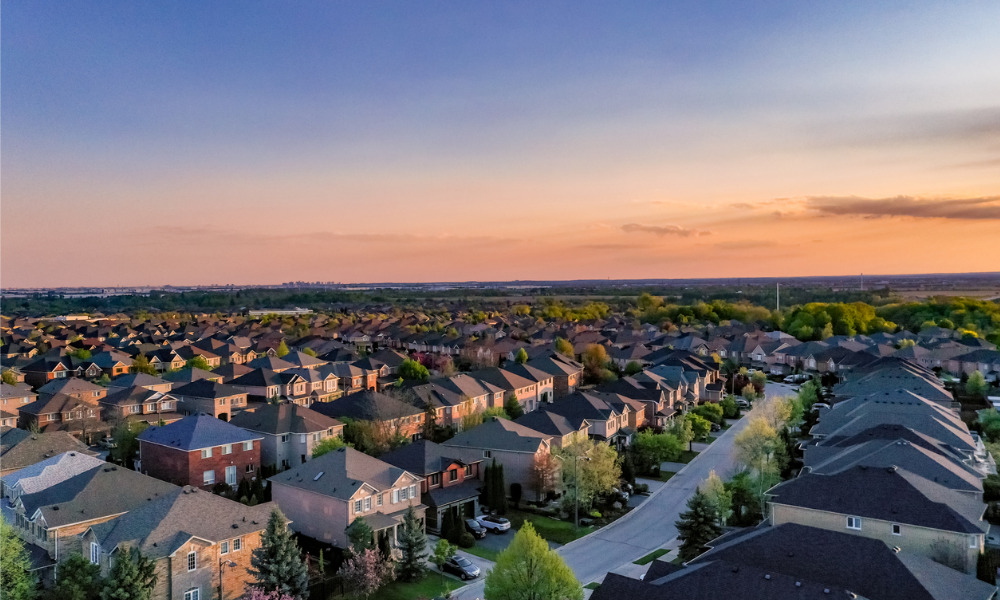Experts are one in saying that the number of homes being built is not enough

Of the 109,900 applications for planning permission from January to March 2022 in England, district level planning authorities decided on 96,000 and granted 84,000, data published by the Department for Levelling Up, Housing & Communities (DLUHC) has shown.
The number of granted applications in the first quarter of this year is equivalent to 87% of the decided planning applications. This ratio is down one percentage point from the same quarter in 2021. Received applications were down 12% from the corresponding quarter of 2021, while granted decisions decreased by 4% from the same quarter last year.
DLUHC said district planning authorities decided 85% of major applications within 13 weeks or the agreed time, but this is still three percentage points less compared to the same quarter in 2021.
Granted residential applications in England totalled 9,300 in Q1 2022, down 6% on a year earlier. Of this figure, 1,200 were for major developments, and 8,000 were for minor developments.
There were 1,900 granted applications for commercial developments in the first three months of the year, 2% less than the year earlier.
Looking at the DLUHC data, Joe Garner, managing director at London-based property developer NewPlace, noted that the number of homes being built is not “anywhere near enough.”
“The planning system is an absolute mess, and political infighting from central government all the way down to local councils is perpetuating the housing crisis,” Garner said.
Jamie Lennox, director at Norwich-based mortgage broker Dimora Mortgages, remarked that homes are not being built quick enough, so the proposed quota is never achieved.
“Many developments get stuck in planning for years and until there is a quicker process to get sites approved, the ambitious plans for a certain number of new homes won’t ever materialise,” he pointed out.
Paul Neal, of Derbyshire-based Missing Element Mortgage Services, said there is now a desperate need for more affordable housing stock.
“Not stock that is snapped up by landlords or builders to make a fortune on. Reliable, affordable housing for everyday people,” Neal stressed. “Sadly, it’s not coming at anywhere near the pace it needs to, and planning is often the issue.”



